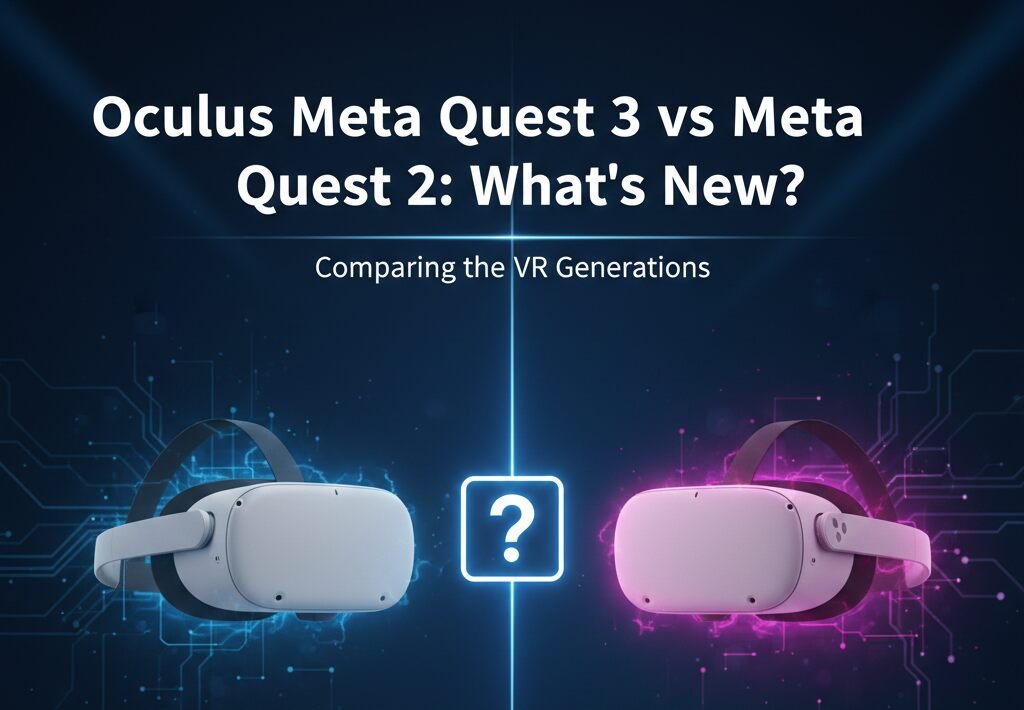Today’s business landscape is changing rapidly. Tech companies are at the forefront, redefining old norms in workplace culture. These groups are not just about coding and software. They breed innovation and set new standards for flexibility, diversity, inclusion, and employee engagement. This article explores how modern tech companies are reshaping workplace culture. Their practices are becoming benchmarks for many industries.
Embracing Flexibility
Modern tech companies have introduced a big shift. They now embrace flexible work arrangements. The old 9-to-5 schedule is giving way to remote work and flexible hours. This is part of a shift to results-oriented work environments (ROWE). Companies like Google and Twitter have led the charge. They offer options to work from home or from anywhere. This has not only boosted job satisfaction but also widened the talent pool. It now includes candidates who may not be able or willing to relocate.
Flexibility at work also extends to how projects are managed. Agile methodologies started in tech. They emphasize flexibility and iterative progress. This is done through sprints, stand-ups, and scrums. This approach has spread to other parts of business operations. It promotes a culture that values adaptability and quick responses to change.
Fostering Innovation Through Freedom
Innovation is the lifeblood of modern tech companies. Apple and Amazon have set benchmarks by creating places that encourage creativity and experimentation. Employees often can explore new ideas and challenge existing thinking. This applies to product development, processes, customer interaction, and internal systems.
Tech giants have “hackathons” and innovation labs. Employees can work on projects outside their regular duties. These initiatives give staff the resources and support. They can use them to try new tech or solutions without fear of failure. These activities are seen as key learning opportunities.
Prioritizing Diversity and Inclusion
Modern tech companies recognize that a diverse workforce is more than right. It’s essential for business. Diversity in background, thought, and experience leads to more innovative ideas and solutions. Microsoft and Salesforce are leading the way. They have comprehensive diversity and inclusion strategies. These include mentorship, training, and partnerships with groups that promote inclusivity.
Furthermore, tech companies are actively working to eliminate bias from their hiring processes. Techniques like structured interviews and blind recruitment are becoming more common. Employers also use AI tools to assess candidates. They help to create a more diverse and inclusive workplace.
Redefining Leadership
Leadership within modern tech companies often breaks from traditional hierarchical models. Flat or minimal hierarchies are common. They have an open-door policy. All team members are encouraged to share ideas and opinions with decision-makers.
This shift accompanies a focus on servant leadership. In it, leaders prioritize their teams’ and communities’ growth and well-being. This approach fosters shared purpose and joint responsibility, which define the cultures of many successful startups and tech firms.
Encouraging Work-Life Balance
Tech companies are notorious for their demanding work schedules. However, many now see the need for work-life balance. They are making policies to support it. This includes offering unlimited vacation days and mandatory time off. It also includes wellness programs and facilities that encourage relaxation and social interaction.
Google, for example, offers sleep pods, wellness centers, and onsite healthcare services. Netflix has an unlimited vacation policy and generous parental leave. They set a high standard in tech and beyond. The benefits show a deep understanding. They show that employee well-being directly affects productivity and job satisfaction.
Continuous Learning and Development
The fast-paced nature of the technology sector requires continuous learning and development. Modern tech companies invest a lot in their employees’ growth. They do this through workshops, conferences, online courses, and education programs. This helps the employees stay current and the company stay competitive.
Many tech companies also offer tuition reimbursement. They also encourage employees to pursue relevant further education. This commitment to learning helps build a skilled workforce. It is equipped to tackle future challenges.
Here is the list of the Best Modern Tech Companies
- Apple Inc. – Known for its innovative products like the iPhone, iPad, and Mac computers, Apple continues to lead in technology and design.
- Microsoft Corporation – A dominant force in software, services, and cloud computing with products like Windows, Office, and Azure.
- Amazon.com Inc. – Initially an online bookstore, now a giant in e-commerce, cloud computing via AWS, and AI through Alexa.
- Alphabet Inc. (Google) – Not just the leading search engine but also a key player in Android OS, YouTube, and cloud services.
- Facebook Inc. (Meta Platforms) – Dominates social networking with Facebook, Instagram, WhatsApp, and ventures into virtual reality and AI.
- Tencent Holdings – A major player in social media, gaming, messaging (WeChat), and a variety of other internet services in China and globally.
- Alibaba Group – A powerhouse in e-commerce, cloud computing, and AI, heavily influencing Asia’s tech landscape.
- Samsung Electronics – A leader in consumer electronics, semiconductors, and mobile phones, driving innovation in many tech sectors.
- Intel Corporation – Integral to the development of processors for computers and servers, with a strong presence in the data center and IoT sectors.
- TSMC (Taiwan Semiconductor Manufacturing Company) – The world’s largest dedicated independent semiconductor foundry, pivotal in the global supply chain.
- NVIDIA Corporation – Renowned for its graphics processing units (GPUs) for gaming and professional markets, also a leader in AI and deep learning technologies.
- IBM (International Business Machines Corporation) – Although older, IBM remains influential with its advancements in cloud computing, AI (Watson), and quantum computing.
- Oracle Corporation – Specializes in developing database software, cloud engineered systems, and enterprise software products.
- SAP SE – A leader in enterprise application software, helping companies of all sizes and industries run better.
- Salesforce.com – Pioneers in cloud-based CRM software, Salesforce continues to expand its services to include cloud computing and AI.
These companies are leaders in revenue and innovation, shaping the future of technology and having a profound impact on the global economy and culture.
Conclusion
Modern tech companies are at the vanguard of redefining workplace culture. Their innovative practices in flexibility, creativity, diversity, and leadership are setting new standards. They redefine what it means to be a great place to work. They do this with their focus on work-life balance and continuous learning. These companies know the future of work is not just about tech advances. It is also about fostering human potential. Other industries see the success of these practices. The influence of tech on workplace culture will likely keep growing. It will reshape how we think about work in the 21st century.
Read Dive is a leading technology blog focusing on different domains like Blockchain, AI, Chatbot, Fintech, Health Tech, Software Development and Testing. For guest blogging, please feel free to contact at readdive@gmail.com.





